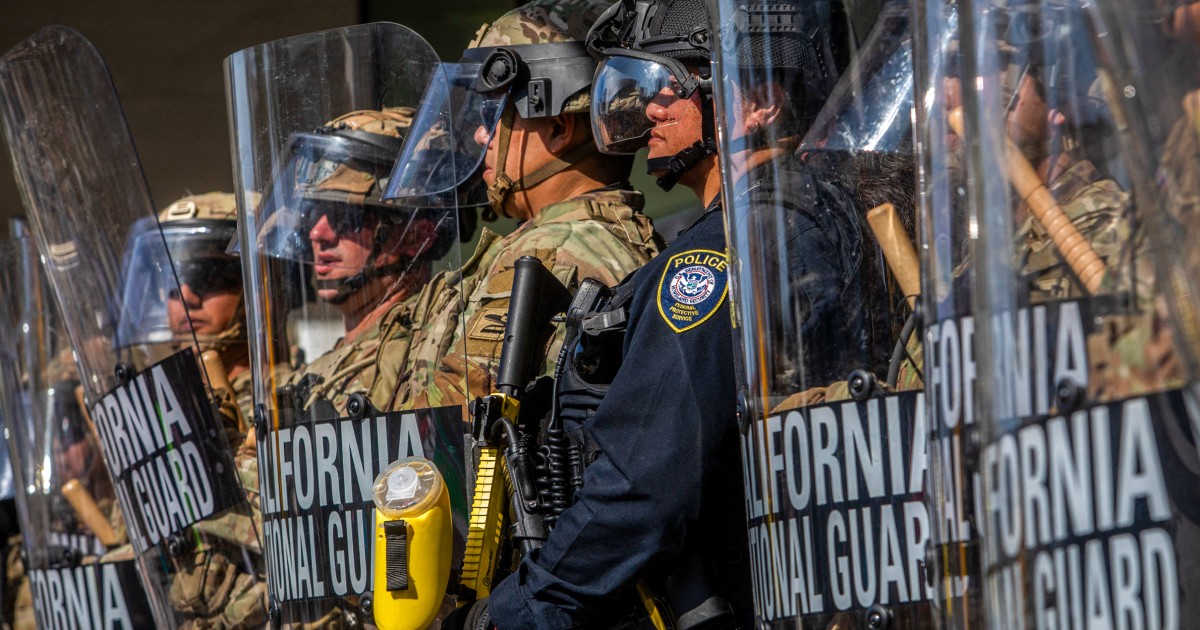
Founding members of the Massachusetts Black Legislative Caucus (MBLC), 1973. In 2009, the MBLC changed its name to the Massachusetts Black and Latino Legislative Caucus (MBLLC) (Photo courtesy of the MBLLC)
Editor’s Note: Para la versión en español, visita El Planeta aquí.
What began in the 1970s as a small group of lawmakers has grown into the Massachusetts Black and Latino Legislative Caucus (MBLLC), now one of the state’s most diverse and influential political bodies, central to championing the interests of communities of color.
Former state rep Jeffrey Sánchez says lawmakers of color sometimes aligned on issues such as bilingual education or immigrant services, but more often they operated independently, each focused on securing resources and influence for their own districts.
“There weren’t collective priorities. It was more individual,” Sánchez said. “But when there were big issues, we came together.”
These days, the picture is completely different. The MBLLC has grown into a powerful bloc, comprising approximately 26 members between the House and Senate, and is supported by a broader wave of nearly 40 Black and Latino legislators overall. That’s about one-quarter of the Massachusetts House — an unprecedented level of representation in a chamber once dominated almost exclusively by white lawmakers.
Sánchez attributes much of this growth to political organizing and redistricting following the 2020 census. The creation of 39 so-called “districts of color” gave candidates from historically marginalized communities a real opportunity to win — and many did.
“Imagine, in a 160-member chamber, having nearly 40 members of color,” he said. “That changes everything. It’s a tremendous amount of power, not just on the major issues, but on the matters that directly affect our communities.”
From Symbolic to Substantive Power
Unlike in many other states where Black and Latino legislators have separate caucuses, Massachusetts has long maintained a combined caucus, which Representative Andy Vargas, the current caucus chair, says strengthens political influence. The caucus focuses on issues that transcend individual districts.
Caucus members have played a role in shaping Massachusetts’ landmark health reform law, which later became the model for the Affordable Care Act. They also pushed for marriage equality and reforms to the state’s bilingual education system.
Sánchez, who eventually became chair of the powerful House Ways and Means Committee, saw firsthand how collective pressure could shift the debate.
“It’s no longer just one representative pushing for their district. It’s a group saying that this affects our people across the state,” he adds.
Today, caucus members chair committees on education, public safety, and economic development.
One of the caucus’s major achievements is the CommonWealth program, created with support from both the caucus and the state legislature. The program provides financial incentives to developers to sell homes to first-time buyers at affordable prices. Developers can receive up to $250,000 per unit if they sell below market rates, making homeownership more accessible in a state where rising construction costs and high housing prices make it difficult for first-time buyers to compete.
Protecting Immigrant Communities
Immigrant rights have been a central priority for the MBLLC. The caucus played a key role in securing $5 million in the state budget for legal defense services for immigrants, providing crucial support for those facing detention or outdated criminal charges.
“We want to make sure that all charges without merit are cleared so that no one can be unjustly targeted,” Vargas said.
In addition, the caucus has been a driving force advocating for the Safe Communities Act, legislation designed to protect due process and prevent state and local governments from cooperating with ICE through 287(g) agreements.
By supporting these initiatives, the caucus ensures immigrants have stronger legal safeguards, greater protections from aggressive enforcement, and clearer paths to stability. Vargas emphasized that by working together, the caucus can deliver policies that protect immigrant families across the state, turning political influence into tangible, lasting impact.
The MBLLC faces a pivotal decade, with federal mandates and potential cuts to health care, education, and housing poised to affect Black and Latino communities most heavily. Immigration remains a contentious issue, putting the caucus’s unity and influence to the test.
Beyond symbolic milestones, the caucus holds real power that shapes the everyday lives of communities of color.
Rosanna Marinelli is a multimedia correspondent for The Latino Newsletter and the News Editor at El Planeta.
Editor’s Note: A previous version of this story incorrectly listed Rep. Vargas as a former caucus chair. He is the current caucus chair.
What We’re Reading
Illegal Deployment of National Guard, Judge Rules: From NBC News, “A federal judge in California on Tuesday ruled that the Trump administration violated a 19th-century law when it mobilized 4,000 National Guard troops and 700 Marines to Los Angeles in June.”
Consider donating to The Latino Newsletter. Any contribution, no matter how small, helps keep this newsletter free and accessible to all. ¡Gracias mil!

